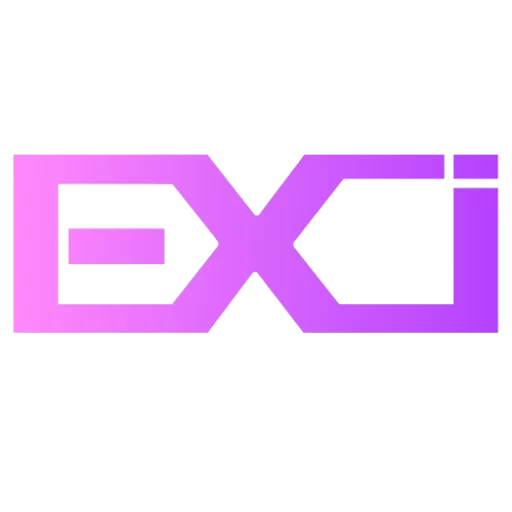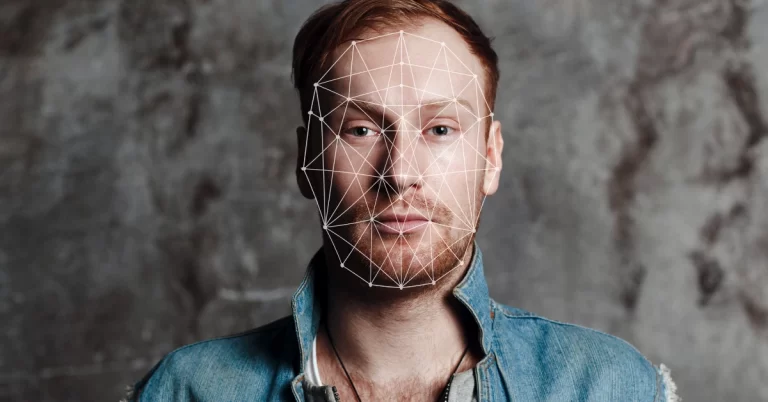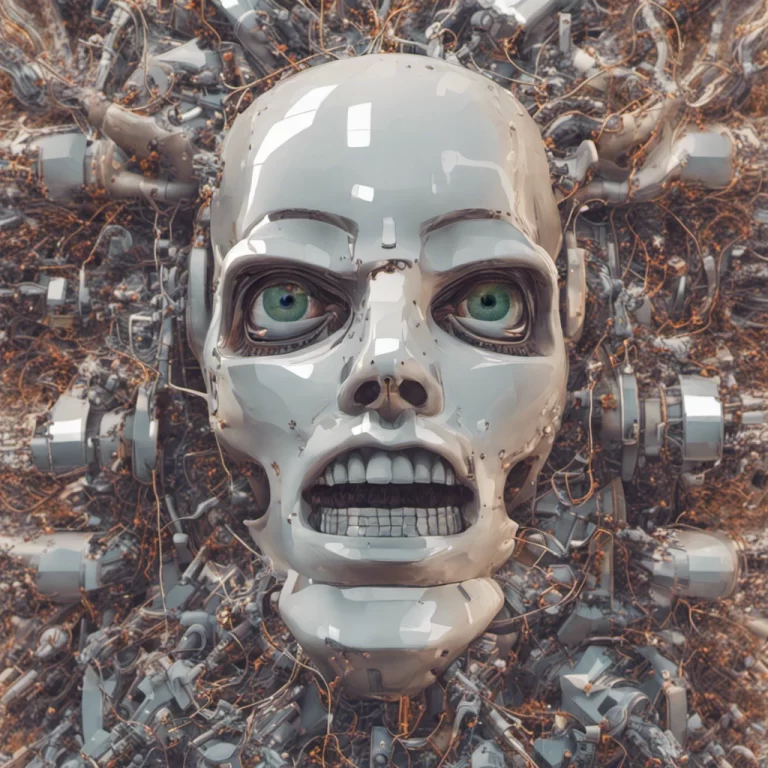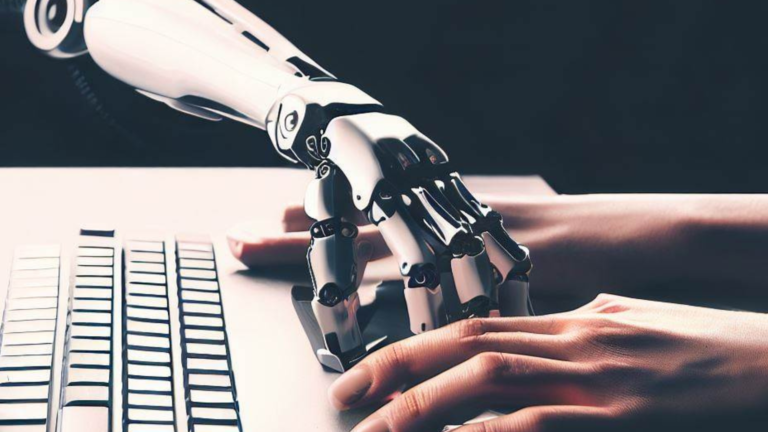OpenAI vs. Google DeepMind: Which AI Research Company is Better?
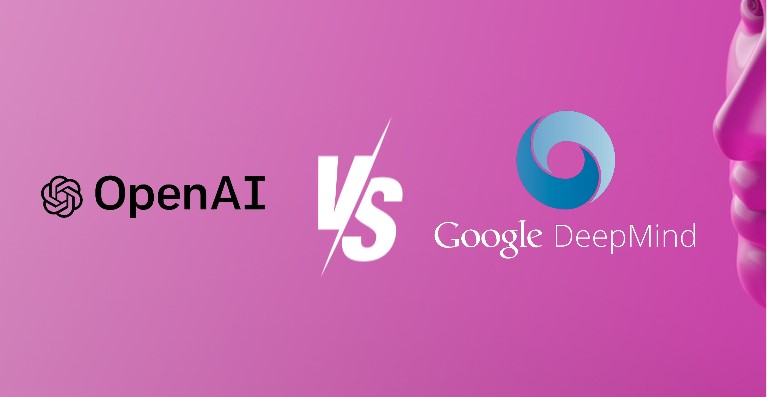
The stealthy race to keep the trophy of tech giant in the paradigm of artificial intelligence supremacy has intensified over the years, especially since the release of OpenAI’s ChatGPT in 2022—having two prominent players, DeepMind and OpenAI vying for the top spot.
DeepMind, a subsidiary of Alphabet Inc., and OpenAI, an independent research organization owned by Sam Altman, have stirred the world with its innovative technology.
Though Deep Mind was founded in 2010 and acquired in 2014, it had an upcoming obstruction of OpenAI that was founded much later in 2015.
Despite the fierce competition between both the countries, these industries are working towards the same goal: Developing AI models that can change the dimensions of workflow and solve global challenges.
Perhaps who takes the cake in proving itself much worthy and wiggle its way through the mobilization of AI? Let’s find out!
But before I begin, let’s know what we’re talking about and how big of a deal this is…
What is Google DeepMind?
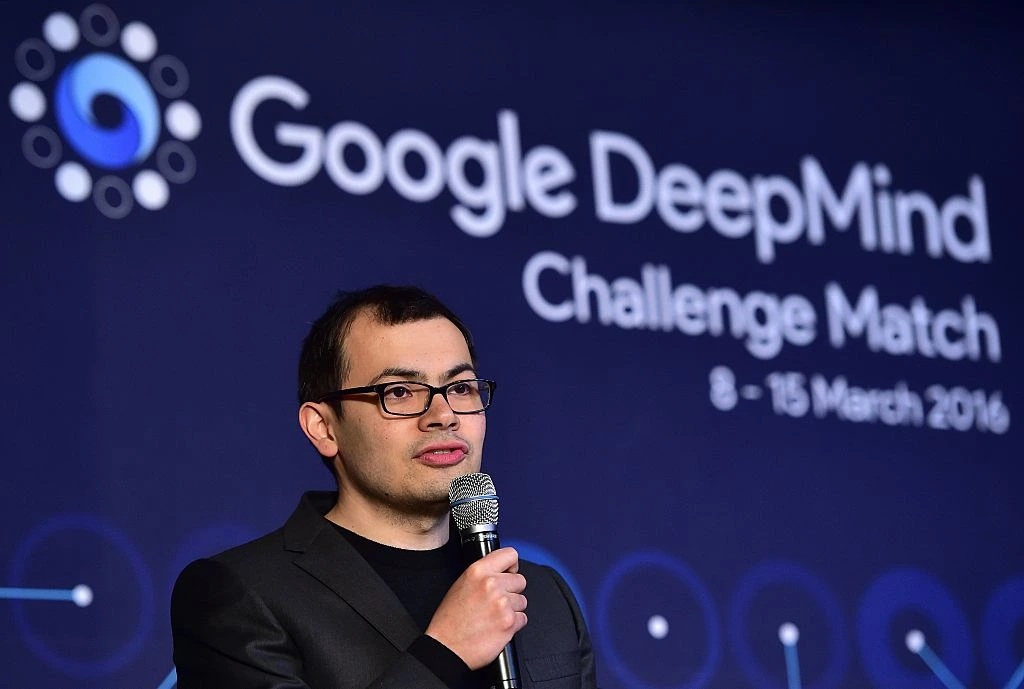
Google DeepMind is the British-American subsidiary of Google founded in the UK in 2010, acquired by the biggest browser organisation in 2014 and eventually falling under the parent company Alphabet Inc. after Google’s corporate restructuring in 2015.
Though it’s based in London, it has centers in Canada, France and the United States eventually establishing a baseline for Deep Reinforcement Learning Algorithms.
Deepmind has bagged several achievements like AlphaGo and AlphaFold that have respectively defeated not just the world champion board game but also predicted the 3-D structure of proteins. Assumably, Deep Mind has worked on developing AI systems that can surpass human abilities in many domains.
What is OpenAI?
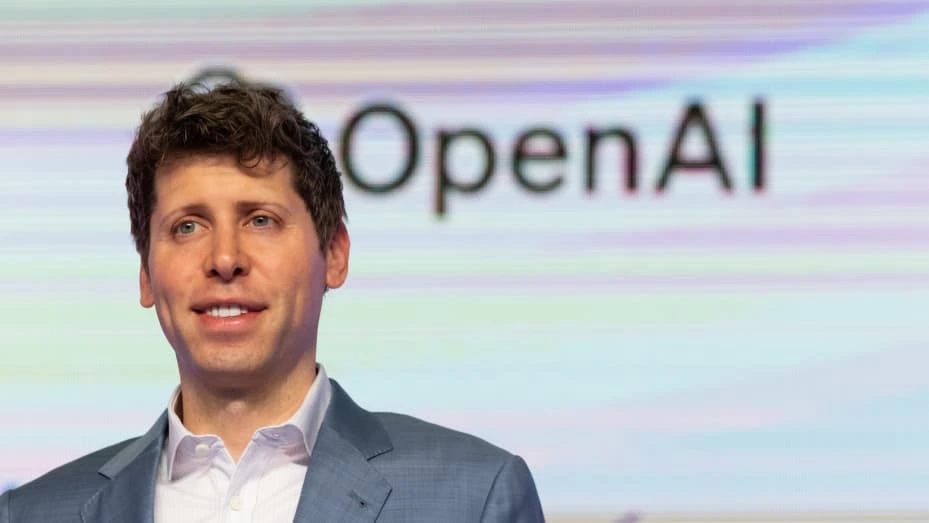
OpenAI is an American artificial intelligence research laboratory from the non-profit OpenAI,Inc, founded in 2015 by a group of tech luminaries like Elon Musk, Sam Altman, Greg Brockman, Ilya Sutskever, and John Schulman.
The company had aimed to create the first of its kind generative AI commercially available for all the world and create a safe haven in reinforcement learning.
OpenAI has already made several strides in the AI field, including GPT-3 and GPT-4 that generates human-like text as well as DALL-E 2, an AI system that can create original images from textual descriptions.
Projects and Achievements: OpenAI Vs. Google DeepMind
Google DeepMind
1. AlphaGo
AlphaGo became the first AI system to defeat the world champion board game Go that requires sheet intuition and creativity. While this became a stepping stone for reinforcement learning algorithms—AlphaZero and MuZero had extended the approach to games like chess, shogi and Atari.
These deep neural networks are masters at simulating possible future scenarios without any prior knowledge of the games’ rules and select the best course of predictions.
2. AlphaFold
Alpha fold, first implemented in 2010, is an AI system that has excelled the prediction of 3D structure of proteins with unprecedented accuracy as it has advanced in the field of biology and continues to stretch its dimension in the medical field to help doctors and lab researchers best understand their subjects and patients respectively.
Later in 2020, DeepMind made headlines with the AI system again which won the Critical Assessment of Structure Prediction (CASP) competition.
3. WaveNet
DeepMind has elevated its game by developing a deep neural network which can generate raw audio and realistic-sounding human-like voices through direct modeling of waveform.
The type of neural network is a deep convolutional neural network (CNN) and its Cloud Text-to-Speech API offers premium voices generated using the model. It’s basically what is used to produce speech for Google Assistant, Google Search, and Google Translate.
4. DeepMind Health
A health team within deepmind which focuses on developing AI research and tools that can ease the pavement of medical professionals to solve and cure complex health problems.
It has already made major breakthroughs since its advent. The DeepMind team collaborated with the VA to utilize AI technology on a vast de-identified electronic health record dataset from over a hundred VA sites.
Their research demonstrated that the AI could predict the onset of AKI in patients with remarkable accuracy, providing a diagnosis up to 48 hours earlier than conventional methods.
The model correctly identified 9 out of 10 patients whose condition deteriorated to the extent that they needed dialysis.
It has developed Med-PaLM, a medical chatbot designed to generate helpful safe answers regarding medicine. The association continues to make progress and lead in the medicine field under the DeepMind cooperation.
OpenAI
1. GPT Models
OpenAI is renowned for its large language models like GPT-3.5 and GPT-4—generative AI chatbots that can generate coherent texts and is made on parameters of almost a trillion parameters.
These models can perform tasks like answer questions, write code and even generate images from text prompts. GPT models have won several awards:
- NeurIPS Best Paper Award (2020)
- The Forbes A.I. Awards (2020)
- The Turing Award in (2019)
2. DALL-E 2
Open AI hasn’t stopped at its chatbot point but rather developed a generative AI technology that can create new images in any number or of various styles, according to the individual prompt input by the user. It can manipulate, rearrange, and correctly place design elements without explicit information.
DALL-E 2 is a sequel of its previous model and generates more realistic images with 4x greater resolution. It must be quoted that this AI is no replacement for photographer, Photoshop or other artists
OpenAI’s DALL-E won the Sony World Photography Awards 2023 and has more than 1.5 million users actively creating over 2 million images in just 1 day.
3. Clip
Clip (Contrastive Language Image Pre-training) is a generative AI and neural network that predicts the most relevant text snippet—given an image without directly optimizing for the task.
It has the ability of zero-shot transfer, natural language supervision and multimodal learning.
Clip has already achieved significant breakthrough, even though it has been introduced freshly and has the ability for zero shot tasks and robustness to domain shift.
OpenAI has procured the Hi-clip modal, a variant of clip, changing the way we interact with images and text.
4. Codex
OpenAI Codex is an artificial intelligence model that helps generate code in response and brought to you by Openai’s GPT-3 model fine tuned to program applications.
Codex is a general purpose programming model and has more than a dozen programming languages such as Python, JavaScript, Go, Perl, PHP, Ruby, Swift, TypeScript and Shell.
It’s the pioneer model that powers GitHub, copilot. According to OpenAI, the current version of Codex has a 37% accuracy on coding tasks.
Capital and Profit
It’s much difficult to scale or estimate their makings but DeepMind’s revenue has tripled from $330 million in 2019 to $1 billion in 2020, eventually reaching 1.18 billion in 2021.
After years of patience and cash bleeding DeepMind made its first profit of $59.6 million in 2020.
On the contrary, OpenAI hit $1 billion in revenue and continues to make $80 million per month. Since it’s a non-profit organization OpenAI generates revenue through partnership.
My Thoughts
DeepMind and OpenAI are both leading research labs and I can say their objectives towards AI vary. DeepMind creates Artificial General Intelligence(AGI) —the ability of a machine to perform intellectual tasks that a human can perform.
Google DeepMind received the following achievements through the years:
- “Company of the Year” award from Cambridge Computer Laboratory in 2014
- AlphaGo earned 9 dan professional ranking against legendary Go player Mr. Lee Sedol in 2016.
- Google DeepMind established a scholarship program in 2017
- Breakthrough Prize in Life Sciences in 2022 for developing AlphaFold
- Google DeepMind researchers were recognized with an ICML 2023 Outstanding Paper Award for their research on machine learning.
OpenAI received the following achievements through the years:
- In 2018, the company held a Retro Contest and awarded Tristan Sokol with the Best Supporting Material award
- AAAI Classic Paper Award and Turing Award
